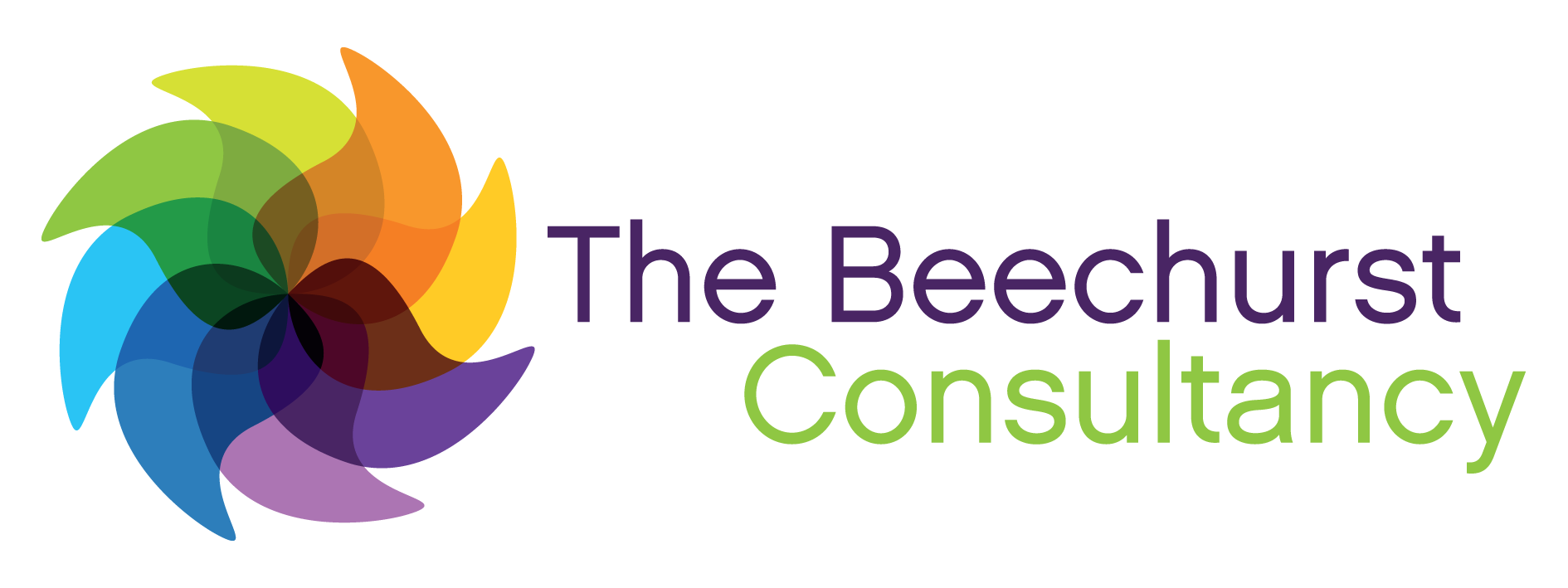Right now, countries around the world are struggling with the effects of Corona virus and the attempts to slow down the spread. People are staying at home, economies have had the most dramatic slow-down we have ever seen, travel has stopped completely and unemployment figures are rushing up.
Businesses are struggling with daily challenges and finding new ways of coping.
Article co-written by:
Lena Gustafson, PCC Sweden
Kathryn Pope, PCC UK
Barbara Asimakopoulou, Greece
At a webinar on April 2nd a number of entrepreneurs and coaches from Sweden, Greece and the UK got together to ‘gaze at the horizon’ and see what might lie ahead of us. Of course, none of us really knows, but trying to interpret the signs, see the early trends and follow the movements in changed patterns of behaviour so far can help us see where we may be going and what considerations would be wise to have in mind whilst making business choices right now. Will we be “going back to normal” afterwards, or stepping into something new?
In this article we will highlight three main trends that emerged in our conversation. Three trends that intertwine and, in the future, may change both business life as well as the way we personally interact.
New businesses stepping up
In the wake of the pandemic, we are seeing a creative burst of problem solving in all parts of daily life. In all aspects, from how to work together when meeting face to face is not possible, to how to ensure supplies; how to collaborate and sort out practical issues, to how to develop technological and security solutions, people are simultaneously problem solving together. New solutions are being tested at un-imaginable speed and design thinking is flourishing whilst prototyping both products and services is being done ‘on the hoof’ and simultaneously.
We anticipate that many new ideas and innovations can be expected, as creative people in lock-down and have quality time to think. Early signs can be found in the many humorous postings on social media, and it is highly probable that tech developments, innovative production ideas, new products and business ideas are also being thought of and will emerge from this time.
Historically high levels of unemployment tend to boost the launching of new companies as well. This is partly out of necessity, finding a way to put bread on the table. And it is also out of the creativity and courage that emerges when daily routines are challenged. The risk or fear to act on that business idea that has been bubbling in the background for some time, suddenly seems smaller.
Current companies, may well find that they combine these innovative supportive tendencies, with a re-evaluation of their approach to efficiency and some of their processes, such as the ‘just-in-time’ system that is now so heavily challenged. This may very well lead to new streams of production. Whether the global business life and the free markets that we are so used to will find new ways of interacting or whether we find ourselves stepping into a more continentally or even nationally focused way of thinking and doing business, is as yet unclear. It may be another challenge that the European Union with the aim of solidarity and open borders may have to consider and re-examine. A truly Global economy has given us many advantages that we may not want to drop, and yet right now supporting local businesses is important everywhere. Maybe we will go back to a more local concept in a new more balanced and ethical form? Many voices have been heard talking about more “Responsible capitalism,” and we feel that ethical businesses who take into account all their diverse stakeholders needs and environmental conditions will be more prevalent and successful in the near future . Sustainability, in all its forms, will also be increasingly insisted upon.
Boosted digitalization
The move into virtual tools for meeting and interacting has accelerated in a previously unimaginable way, which no one had thought was possible. As travelling has been shut down, and face to face meetings impossible, companies have quickly adapted, set up their systems and created virtual ways of working. Computer hardware and software solutions have been adapted to the security needs of being outside office buildings and networks, as working from home and meeting virtually rapidly becomes the new norm. This is likely to result in a boom IT-security thinking and knowledge in all sizes of companies. It will be Golden days for the skilled technicians who can help and enable that.
With climate crisis also widely discussed ,and with it limited travel and therefore reduced consumption of resources, these two trends connect as we embrace new technology as an essential factor for our sustainable development.
Some sectors, such as tourism and transportation, have been massively impacted, and we anticipate there will probably be a shift in the traditional way of doing business. For example we may have common access to virtual reality travelling as a complement to less frequent travelling, sooner than we thought. During Corona we are getting used to being able to go on ‘virtual tours’ of museums and galleries, maybe we will also be virtual tourists in the future, combining real life visits to chosen places with purchasing the experience of being all over the world, all from the comfort of our own couch.
A shift in values and an increased awareness of vulnerability, humanity & balance.
There is a values shift emerging in society as covid-19 is fought. Nurses, children caretakers, cashiers and all kind of service professions are now proving to be invaluable to our society, which may show up in new salary levels as well as and social recognition and appreciation. As we acknowledge our vulnerability, our will to invest more in health care systems may well increase.
In coping with the pressure and adapting to circumstances companies act differently, and it is being noticed. There are examples of companies acting with high ethical standards and others focusing on their own gain and financial results only, and these are becoming visible, due to the impact of social media. People notice and will remember the companies behaving badly, whereas the ethical behaviour and honoured values will no doubt pay off.
In times of crisis our core values become activated and we can see traces of it being fundamentally re-wired. We see solidarity, co-creating ways of being, respect for humanity, respect for nature, balance, wisdom, prudence, judgment, fairness etc. being honored all over the world.
Good examples spread and a measure of peer pressure steers us all towards social responsibility.
We may in the aftermath of Corona find ourselves having developed strategies based on these new values of not overproducing and overconsuming, respecting limited resources and be resilient, anti-vulnerable, positive and creative
It is up to us
A shift is happening, what that shift will be is not yet decided. It is now up to us to make it a good one. Besides the trends described above we can also see trends of nationalism picking up speed, anti-democratic ideas and autocratic ways of managing decisions are also getting a grip. There is a real risk of power shifts where democracy is shortcut and legal processes challenged.
Some blame globalization for the world -wide spread of the virus and how the complexity of todays business life causes challenges on several dimensions as different countries are financially challenged and productions shut down. To be able to keep a thriving trade between people and free movement we now have a golden opportunity to look at where globalization, in the way we have done it so far, has its’ flaws, and to see how it can be done better. Not closing national borders because of fear, but adding more balance in all factors – be they political, economic, social or educational etc. We are reshaping societies.
There is lots of insecurity and unknown territory to navigate.
This is the time for working with professional thinking partners to both explore and face our positively desired outcomes.
This is the time for coaches.
Lena Gustafson, PCC Sweden
Kathryn Pope, PCC, UK
Barbara Asimakopoulou, Greece
During International coaching week 2020 International Coaches Supporting Young Entrepreneurs will be following up on these trends by giving webinars on each of them. Join us to dig a bit deeper in what we together see by then and how it may affect you and your business. Follow us on Facebook and Linked In to be sure you don’t miss it.

